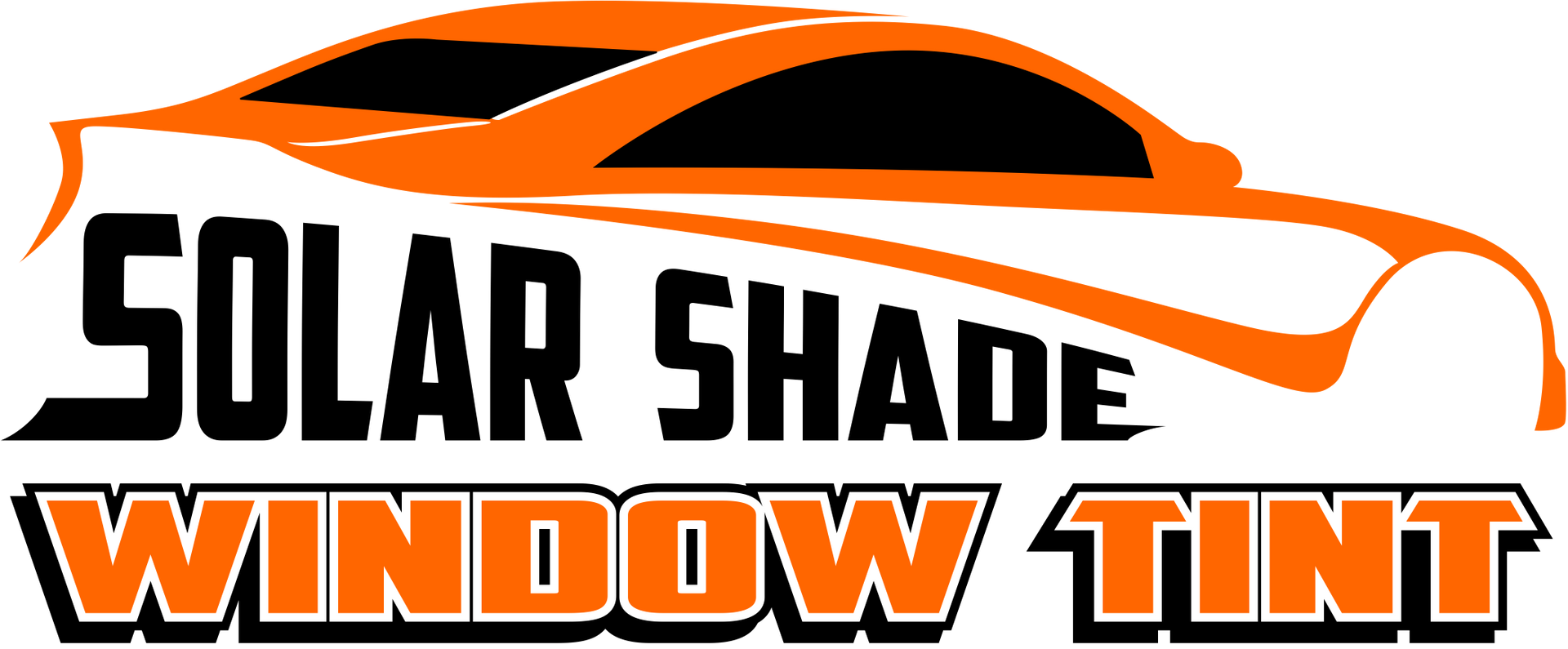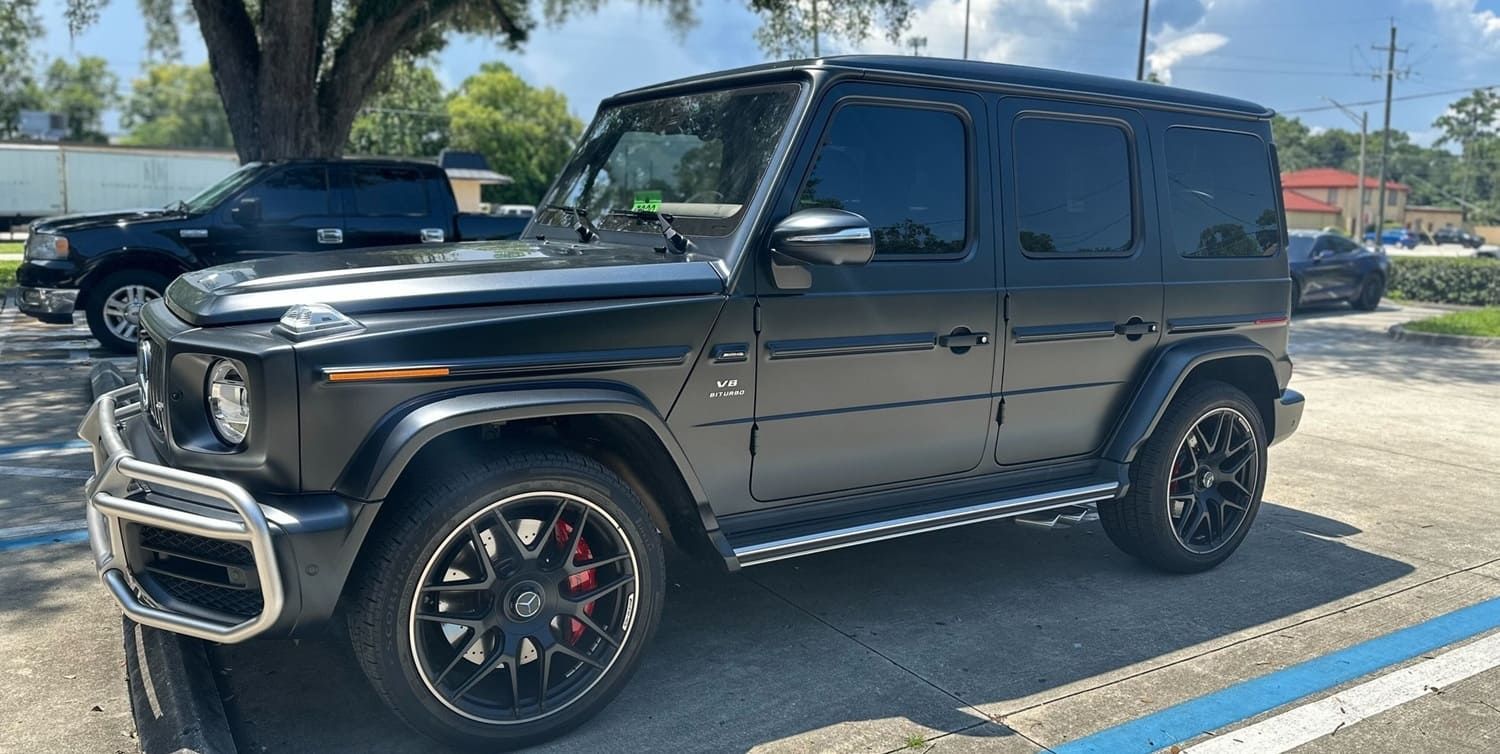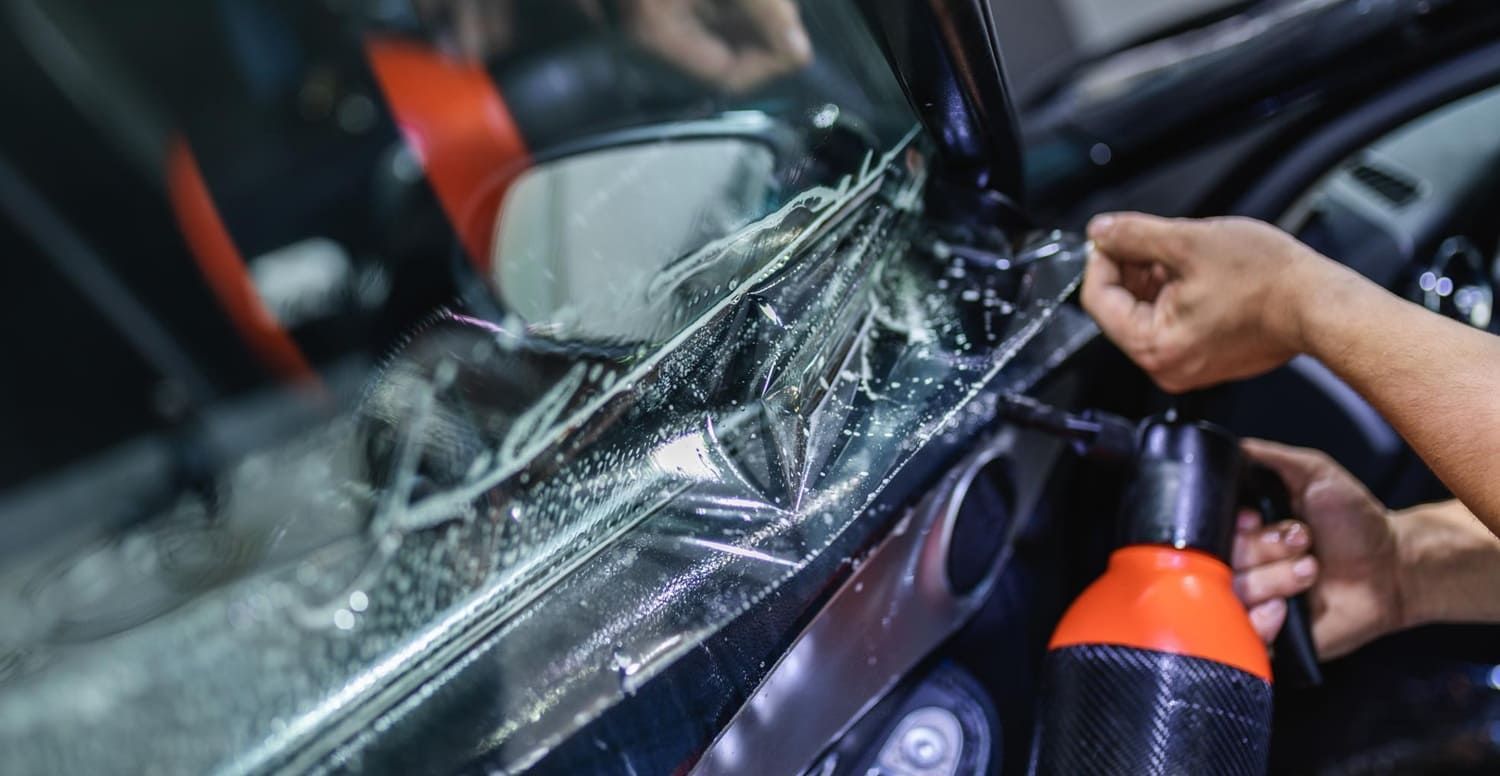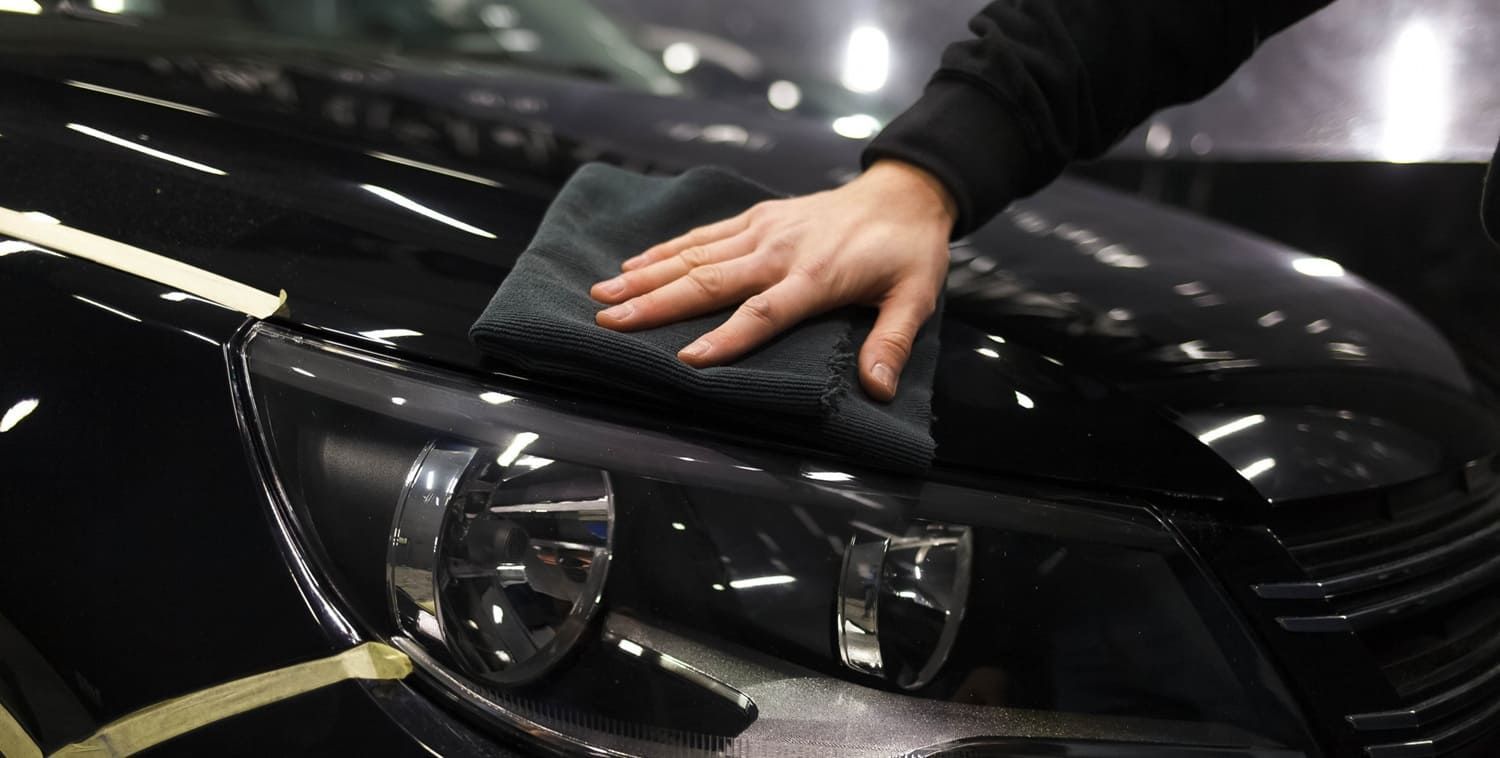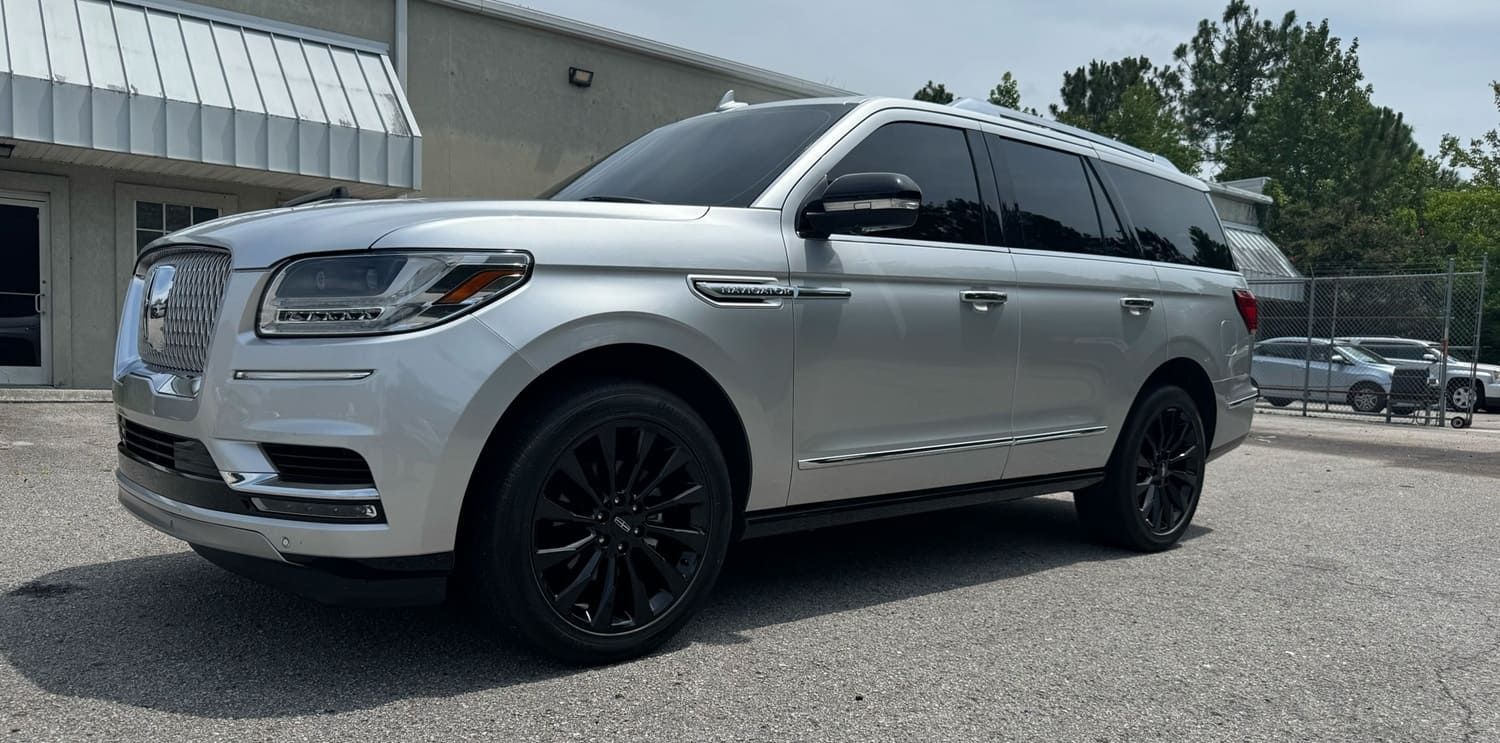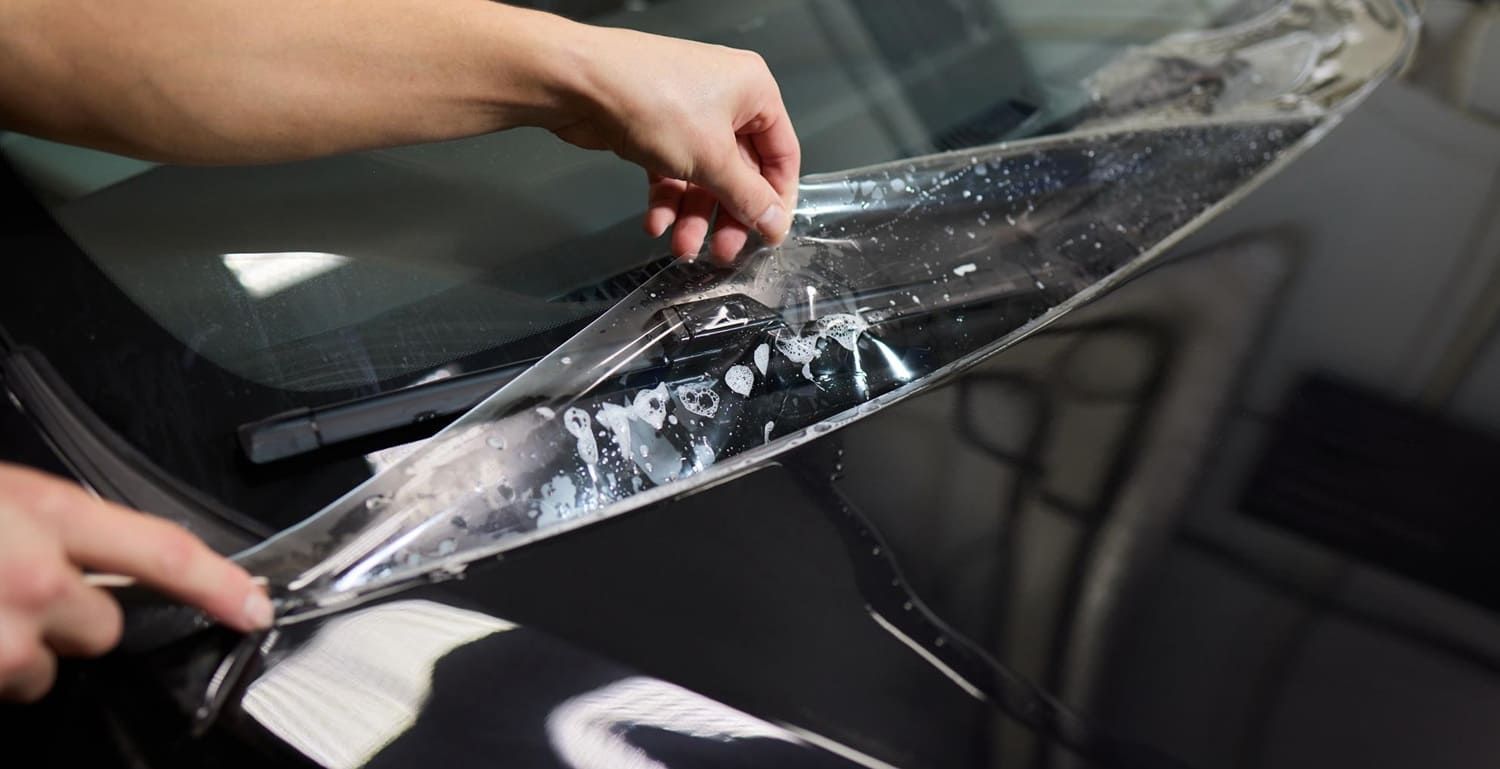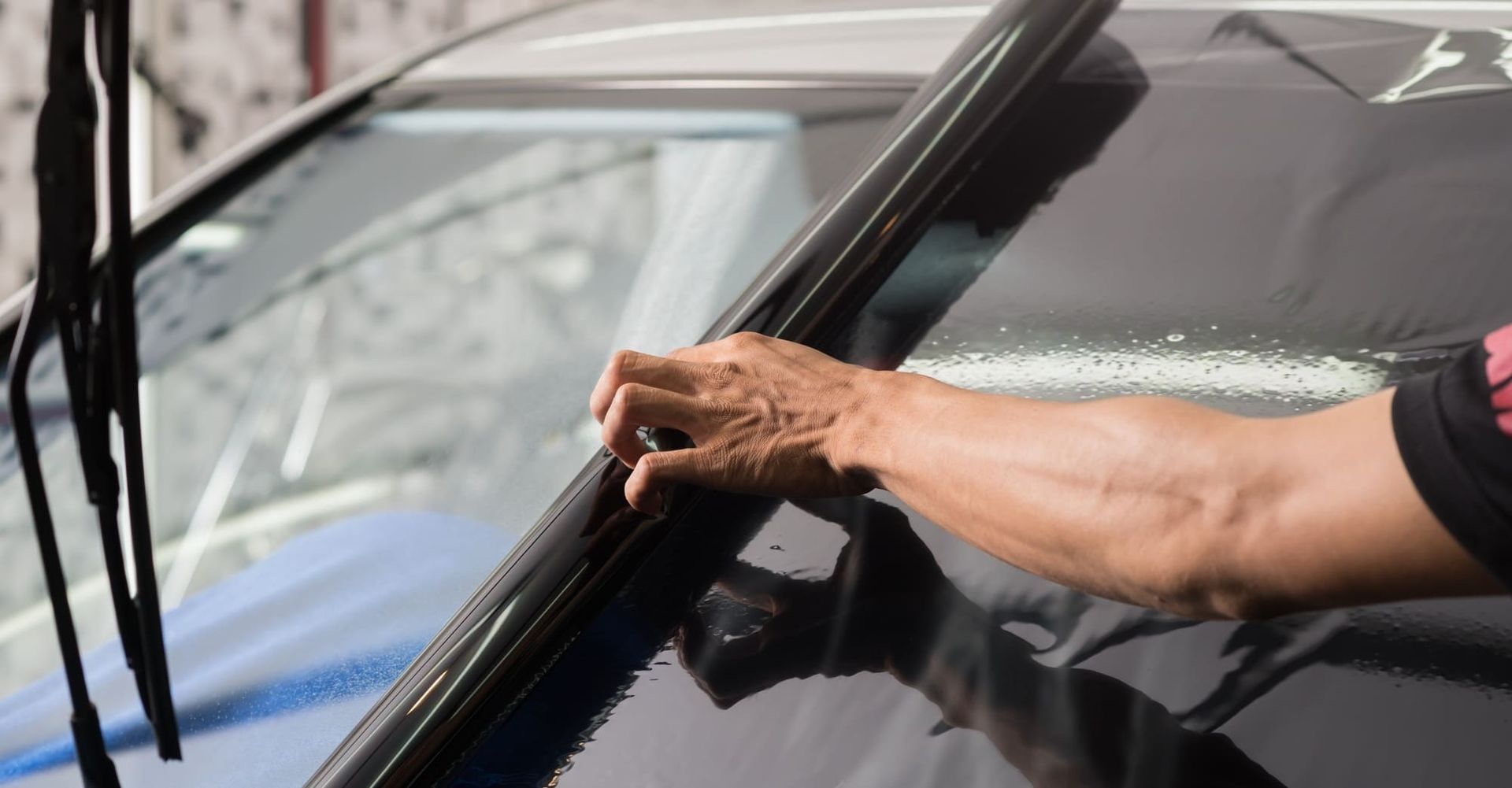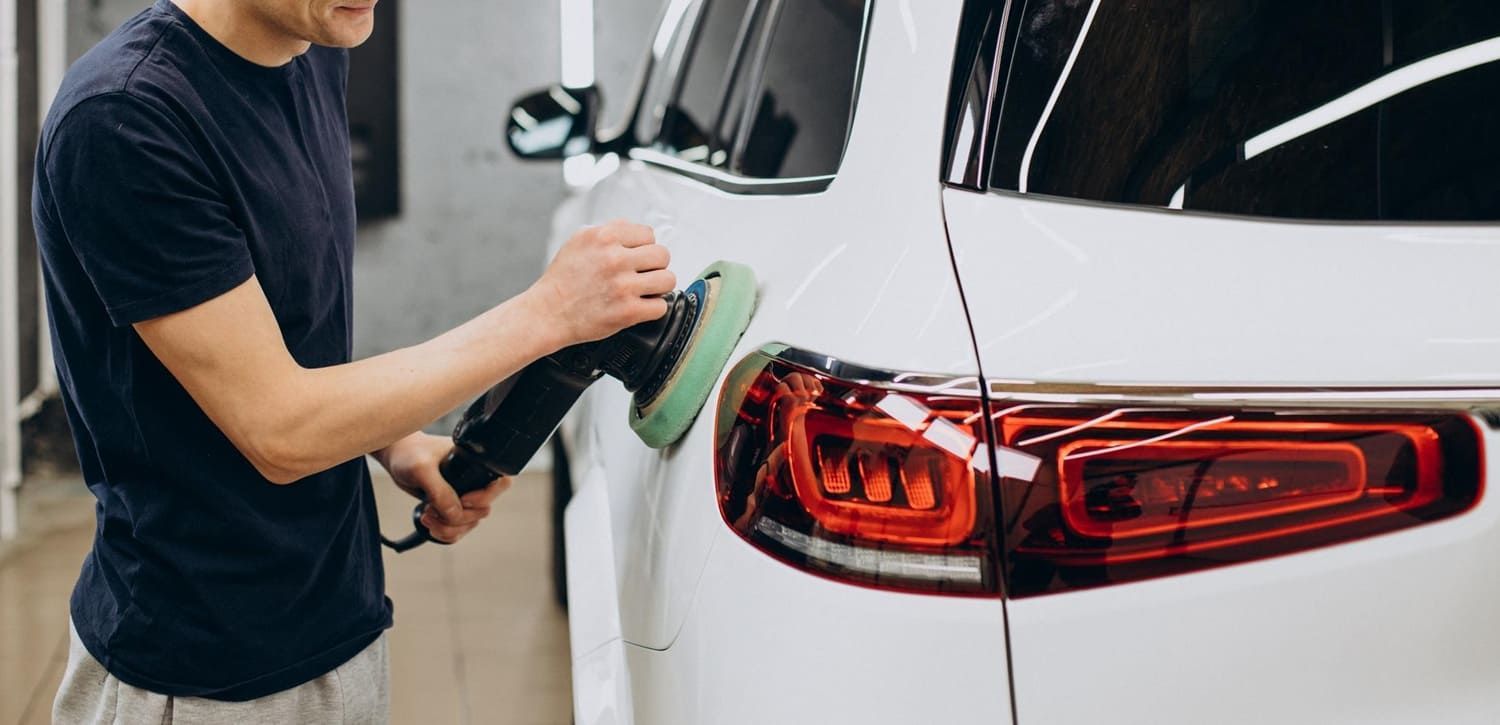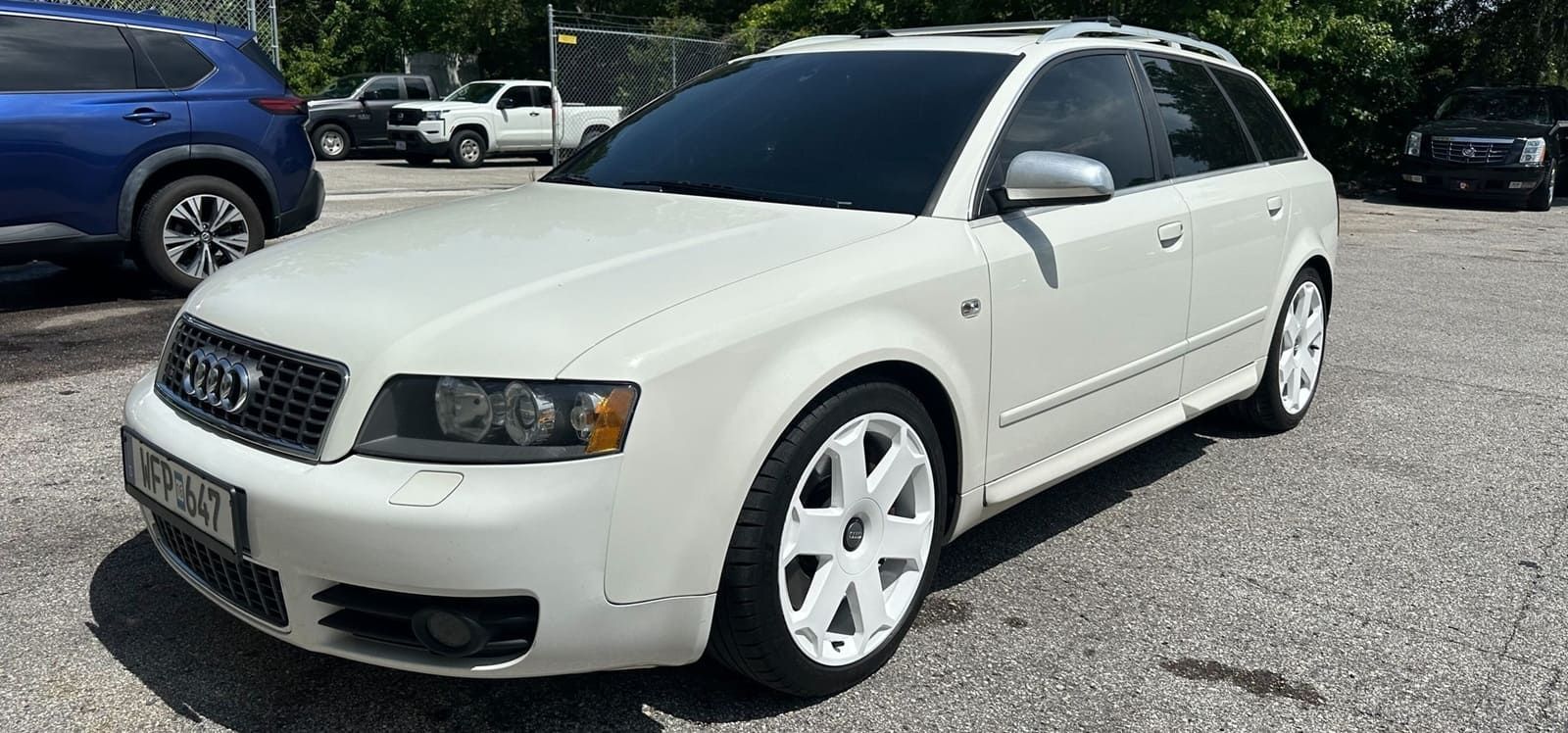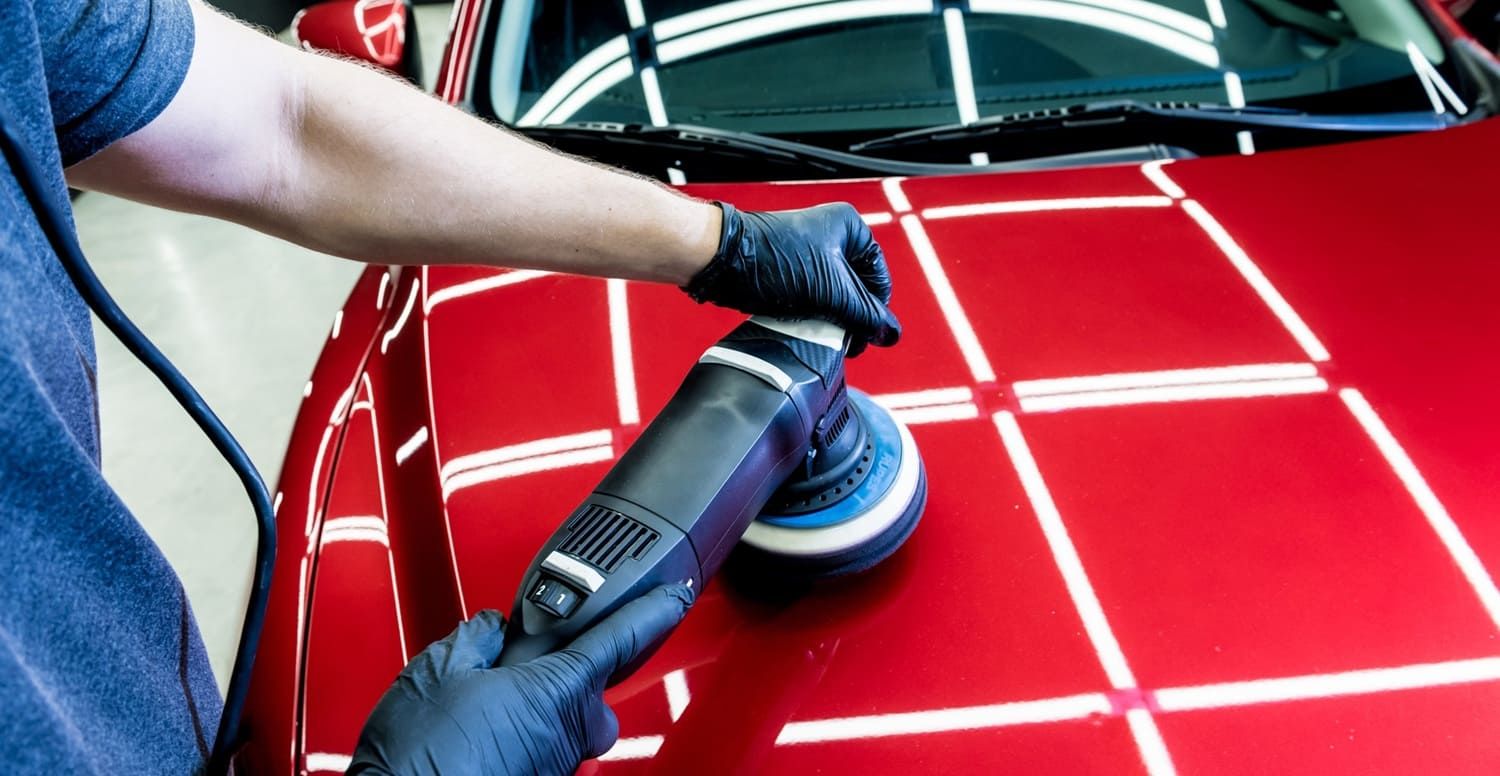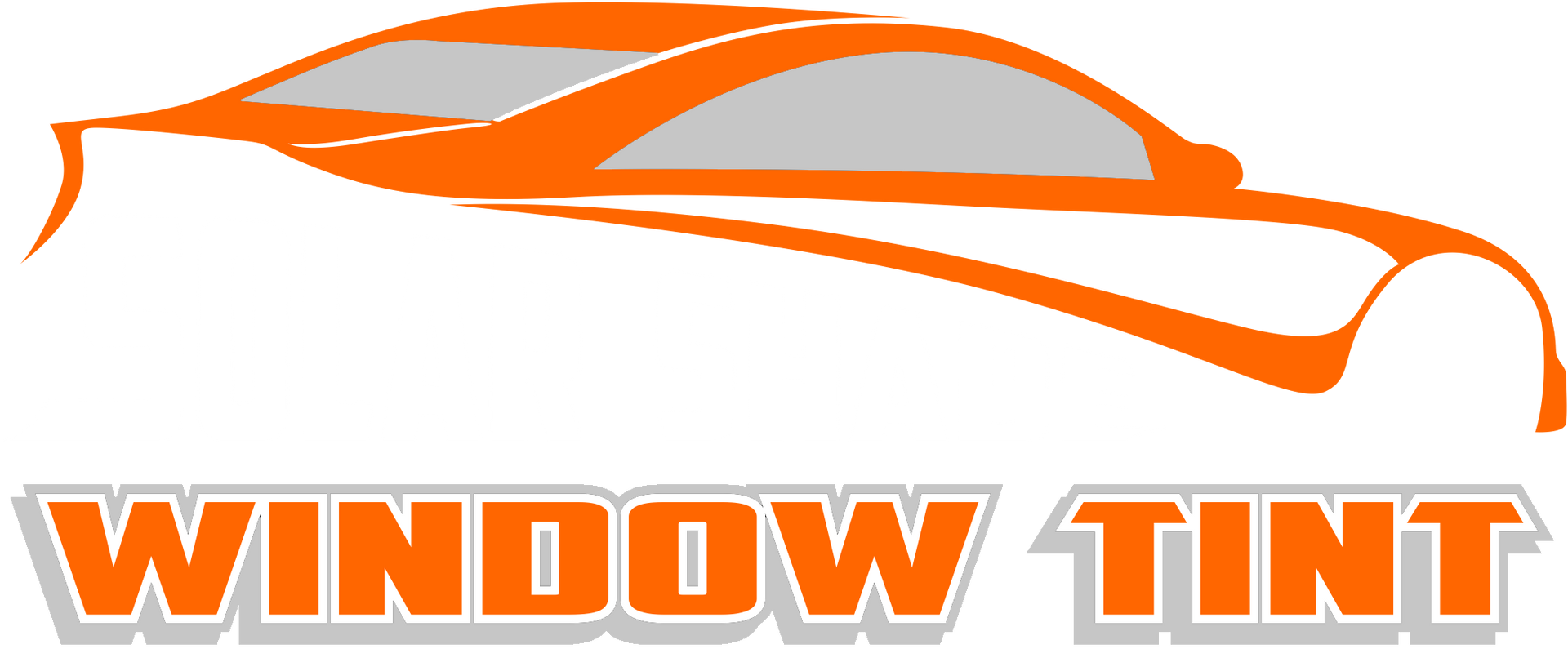Does PPF Void Your Paint Warranty? The Truth
Paint Protection Film (PPF) provides a crystal-clear shield, safeguarding your vehicle's paint from chips, scratches, and the elements. Yet, many car owners ponder: does PPF void a warranty? In this guide, we'll break down how OEM paint warranties function, debunk common myths surrounding PPF installation, explain how to keep your warranty valid, and highlight the extensive benefits of PPF beyond just warranty coverage. You'll discover what factory paint protection actually covers and excludes, when aftermarket additions might impact a claim, and why selecting a certified installer—like Solar Shade Window Tint in Jacksonville and Lake City, Florida—ensures your film and paint warranty work together harmoniously.
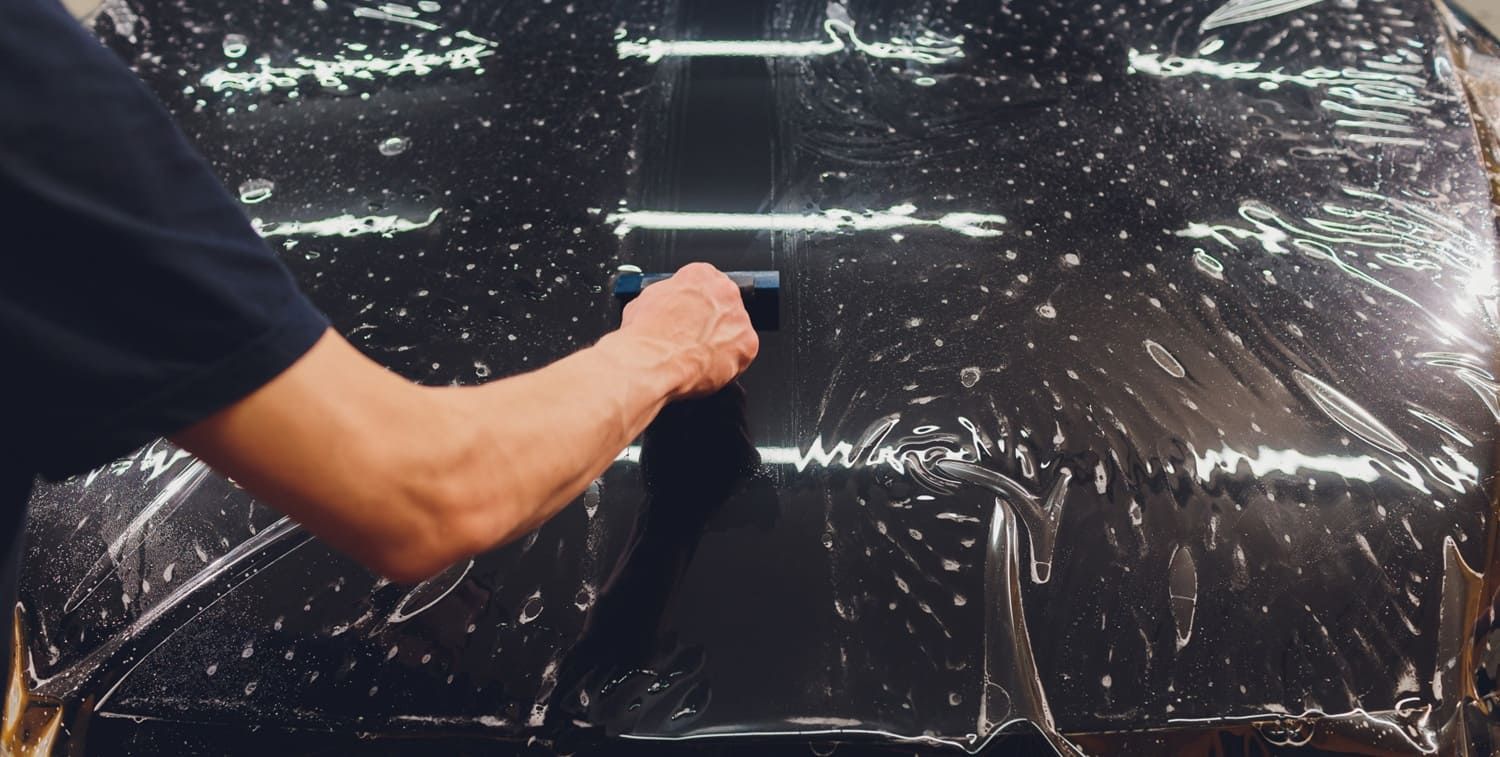
What Does an OEM Paint Warranty Cover and Exclude?
An OEM paint warranty is essentially the manufacturer's promise against flaws in your vehicle's original finish. It protects you from issues like paint peeling, fading, or delamination that stem from factory defects. Understanding these limits helps clarify why adding a protective layer like PPF typically enhances, rather than compromises, your coverage.
What Typical Paint Defects Are Covered by OEM Warranties?
Before we dive in, remember that these warranties are strictly for issues originating from the manufacturer:
- Surface peeling or flaking that starts beneath the clear coat.
- Fading or discoloration caused by pigment defects.
- Paint separation occurring under normal environmental conditions.
These coverages ensure your factory finish meets the highest quality standards. Knowing these details sets the stage for understanding how PPF complements, rather than conflicts with, factory terms.
Is Paint Covered Under Warranty?
- Factory paint warranties typically cover defects caused by manufacturing faults, such as peeling, flaking, fading, or discoloration due to pigment defects. However, these warranties generally exclude damage from external factors like road debris, scratches, chemical etching from environmental elements, UV-induced oxidation, or damage resulting from accidents and improper maintenance.
- This insight confirms our explanation of what OEM paint warranties typically cover and exclude, reinforcing why PPF can be a valuable protective addition.
Which Paint Issues Are Commonly Excluded from OEM Warranties?
Car manufacturers typically exclude damage resulting from external factors and unauthorized modifications:
- Chips and scratches from road debris or stones.
- Chemical etching from substances like bird droppings or road salts.
- UV-induced oxidation on exposed surfaces.
- Damage stemming from aftermarket repainting or touch-up work.
Understanding these exclusions highlights why a robust PPF layer can significantly reduce out-of-warranty repair expenses by preventing precisely these kinds of issues.
How Do Car Manufacturers View Aftermarket Products Like PPF?
Manufacturers generally view PPF as a non-invasive accessory that preserves the original paint underneath. Professional installation adheres to manufacturer guidelines for surface preparation and adhesive selection, meaning most brands accept PPF without invalidating warranty claims. This cooperative stance underscores why certified installation from Solar Shade Window Tint supports both protection and warranty compliance.
Does Paint Protection Film (PPF) Void Your Car’s Paint Warranty?
No, professionally installed PPF does not void your car’s factory paint warranty. By reinforcing the clear coat, PPF actually prevents the very types of damage that warranties often exclude, making it a complementary safeguard rather than a threat to your coverage.
The Magnuson-Moss Warranty Act and Aftermarket Parts
- Enacted in 1975 and administered by the Federal Trade Commission (FTC), the Magnuson-Moss Warranty Act is a federal law designed to protect consumers by ensuring warranties are clear and enforceable. It makes it illegal for manufacturers to void a warranty or deny coverage simply because an aftermarket part was used, unless the manufacturer can prove the aftermarket part directly caused the need for repairs.
- This legal backing directly supports our claim that professionally installed Paint Protection Film (PPF) does not automatically void a car's factory paint warranty, as PPF is considered a beneficial aftermarket accessory.
Does Professional PPF Installation Affect OEM Paint Warranty Validity?
Professional installation preserves warranty validity because it involves precise surface cleansing, adherence to strict adhesion standards, and meticulous edge sealing that prevent any stress on the paint. Certified technicians at Solar Shade Window Tint utilize manufacturer-approved films and adhesives, effectively preventing the delamination and paint lifting that could otherwise lead to a warranty dispute.
When Can PPF Installation Potentially Void or Affect Warranty Claims?
Improper application or the use of low-grade film can indeed jeopardize a warranty:
- Using adhesive with incorrect strength that could pull at the clear coat.
- Overstretching film in corners, leading to micro-tearing.
- Allowing moisture to seep under edges, potentially causing paint delamination.
In such scenarios, it's the evidence of installation damage—not the presence of PPF itself—that may become the basis for a warranty denial.
How Do Manufacturer Warranty Terms Address PPF and Aftermarket Modifications?
Most OEM warranties include a clause stipulating that aftermarket accessories do not void the warranty unless they directly cause damage. Film manufacturers frequently offer their own limited warranties on material defects, providing a dual layer of protection: one from the car maker and another from the PPF provider.
Maximizing Your PPF Warranty: What Every Car Owner Should Know
- Paint Protection Film (PPF) manufacturers often provide their own warranties, typically ranging from 5 to 10 years, covering defects such as yellowing, peeling, bubbling, or loss of clarity. Professional installation is crucial for maintaining the validity of these warranties, as improper application or the use of low-grade film can lead to issues like adhesion failure or paint damage, potentially affecting warranty claims.
- This information reinforces our emphasis on selecting high-quality PPF materials and certified installers to ensure both the film's warranty and the OEM paint warranty remain fully intact.
How Can You Ensure PPF and Your Paint Warranty Coexist Without Issues?
Maintaining warranty compliance while enjoying the full benefits of PPF hinges on three key practices: selecting a reputable installer, using proven film materials, and adhering to a proper maintenance routine.
Why Is Choosing a Certified and Reputable PPF Installer Crucial?
Professional certification is a clear indicator of expertise in surface preparation and film application. Certified installers consistently meet these critical criteria:
- They complete rigorous manufacturer training programs.
- They conduct pre-installation inspections to meticulously document the factory paint's condition.
- They employ industry-approved edge sealing techniques for optimal durability.
Entrusting a certified installer like Solar Shade Window Tint in Jacksonville and Lake City, Florida, guarantees these essential steps are followed, safeguarding your OEM warranty.
What Should You Look for in High-Quality Paint Protection Film Materials?
Not all PPF products are created equal. Prioritize materials that feature:
- A self-healing top coat for minor scratch repair.
- A UV-resistant clear layer to prevent yellowing.
- A pressure-sensitive acrylic adhesive for secure bonding.
- A manufacturer’s material warranty for peace of mind.
These attributes collectively ensure superior paint protection and confirm that your PPF is an industry-backed, warranty-compatible solution.
How Does Proper PPF Maintenance Support Warranty Preservation?
Consistent, routine care prevents film deterioration, which in turn protects your factory finish:
- Wash your vehicle using a pH-neutral automotive shampoo.
- Utilize microfiber mitts to avoid creating micro-abrasions.
- Apply recommended film sealants every 3–6 months.
A well-maintained film upholds its adhesion and prevents edge lift, which could expose the paint to damage or lead to warranty disputes.
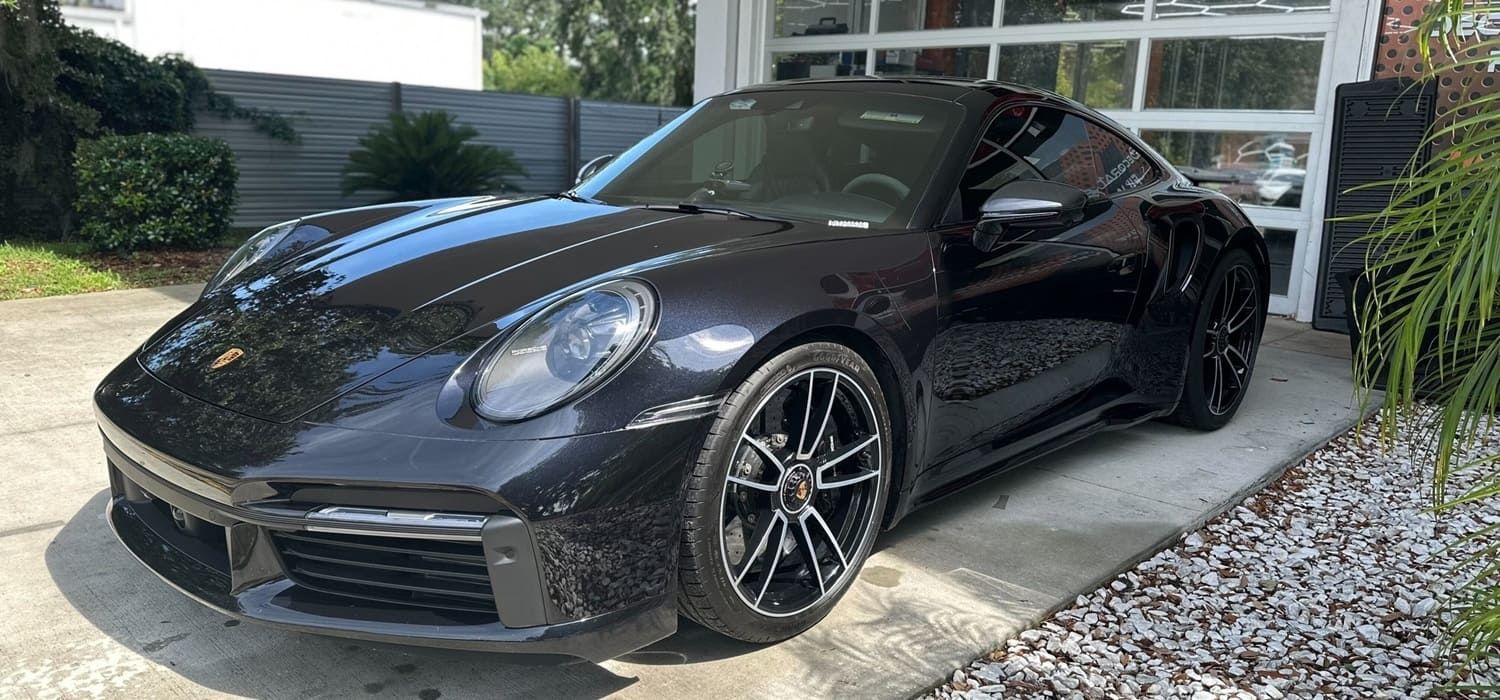
What Are the Benefits of Paint Protection Film Beyond Warranty Concerns?
Beyond safeguarding your factory warranty, PPF delivers enduring value through exceptional defense and meticulous aesthetic preservation.
How Does PPF Protect Your Vehicle from Road Debris and Environmental Damage?
PPF functions as a transparent barrier that effectively absorbs impact and resists chemical etching.
| Protection Type | Layer Function | Value to Owner |
|---|---|---|
| Impact Resistance | Urethane top coat | Prevents stone chip formation |
| UV Blocker | UV-stable clear layer | Maintains original paint color |
| Chemical Shield | Surface sealant | Guards against bird droppings |
This comprehensive protection allows drivers to forgo frequent touch-ups and maintain that showroom-quality finish.
In What Ways Does PPF Enhance Vehicle Resale Value and Aesthetic Preservation?
By preventing blemishes and keeping surfaces flawlessly glossy, PPF provides:
- A higher trade-in appraisal thanks to a "like-new" finish.
- Reduced maintenance costs throughout the ownership period.
- A stronger visual appeal that attracts discerning buyers.
These advantages translate into measurable resale premiums that frequently surpass the initial installation expenses.
How Does PPF Compare to Other Protective Options Like Ceramic Coatings?
A comparative look reveals distinct advantages:
| Protection Option | Primary Benefit | Warranty Impact |
|---|---|---|
| Paint Protection Film | Physical barrier against debris | Compatible with OEM warranty |
| Ceramic Coating | Hydrophobic surface properties | May require film underneath |
While ceramic coatings offer excellent chemical resistance and shine, they lack impact absorption capabilities. Combining PPF with a top-layer ceramic coating leverages the strengths of both technologies for ultimate defense.
What Are the Most Common Myths About PPF and Paint Warranty?
Myths continue to circulate despite clear factory terms and established installer guidelines. Addressing these misconceptions empowers owners to make well-informed decisions.
Does Clear Bra or PPF Automatically Void Factory Paint Warranty?
No—most manufacturers explicitly permit PPF. As long as the film itself or its installation does not cause damage to the clear coat, factory warranty terms remain fully in effect.
Can Poor Installation or Damage from PPF Affect Warranty Claims?
Yes—but only when paint damage can be directly attributed to installation errors, such as adhesive pull or edge lift. Employing proper techniques and maintaining documented installation inspections effectively eliminate this risk.
Are All PPF Products Equal in Terms of Warranty Compatibility?
No. Lower-quality films lacking essential UV inhibitors or self-healing properties may degrade more rapidly and compromise adhesion. Certified films from leading manufacturers come with material warranties that align seamlessly with OEM terms.
What Are Frequently Asked Questions About PPF and Paint Warranty?
Below are concise, straightforward answers to common questions on this topic.
Does PPF Affect Car Warranty?
Professionally applied PPF serves as a protective layer and does not void an OEM paint warranty, as it actively mitigates the types of damage that warranties typically exclude.
What Voids a Car’s Paint Warranty Besides PPF?
Repainting with non-OEM paint, unauthorized bodywork, and damage resulting from accidents or harsh chemicals are common factors that can void a warranty, provided they are unrelated to factory defects.
Do Car Manufacturers Recommend PPF?
Many automotive brands endorse PPF as a protective accessory and even collaborate with film manufacturers to offer factory-installed options, underscoring its warranty-friendly status.
Is PPF Covered by Any Manufacturer or Installer Warranty?
Yes. Leading film brands provide material warranties against issues like yellowing and peeling, and reputable installers back their workmanship with service guarantees.
What Is the Typical Lifespan of Paint Protection Film?
High-quality PPF typically lasts between 5–10 years under normal driving conditions, with advanced self-healing and UV-resistant formulas maintaining clarity throughout this coverage period.
How Can Local Vehicle Owners in Jacksonville and Lake City Benefit from Professional PPF Installation?
Local expertise ensures your vehicle receives specialized care tailored to Florida’s unique climate of intense sun, sand, and humidity, all while maintaining warranty compliance and maximizing protection.
What Certifications and Expertise Does Solar Shade Window Tint Offer for PPF Installation?
Solar Shade Window Tint is XPEL certified and thoroughly trained on the latest film technologies. Our technicians complete rigorous manufacturer programs and meticulously document every installation step to safeguard both the film and your vehicle's factory finish.
How Does Local Professional Installation Support Warranty Compliance?
By utilizing climate-appropriate adhesives and conducting detailed pre- and post-installation inspections, local installers effectively prevent edge lift and moisture intrusion—two common factors that could otherwise lead to a warranty dispute.
How to Request a Quote or Book a PPF Installation Appointment?
Vehicle owners can visit Solar Shade Window Tint – Jacksonville, FL to schedule an inspection or receive a personalized quote. Our straightforward online form and dedicated phone support ensure a seamless process from your initial inquiry to professional installation.
PPF and OEM warranties coexist harmoniously when installations adhere to manufacturer guidelines, film materials meet stringent industry standards, and maintenance practices effectively preserve adhesion. Investing in PPF provides invaluable peace of mind, ensures long-term paint preservation, and enhances your vehicle's resale value—making it an exceptionally smart choice for Florida drivers.
